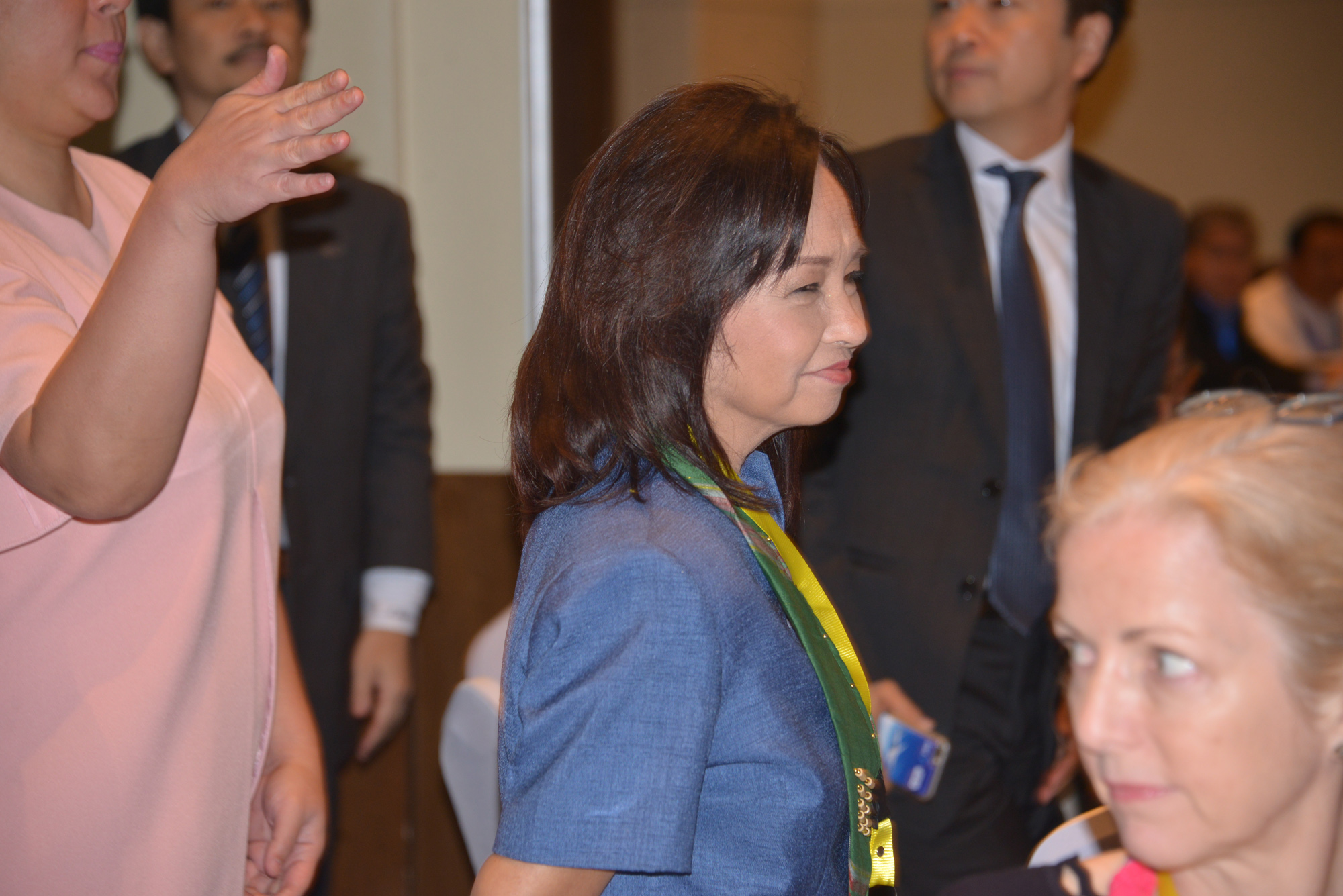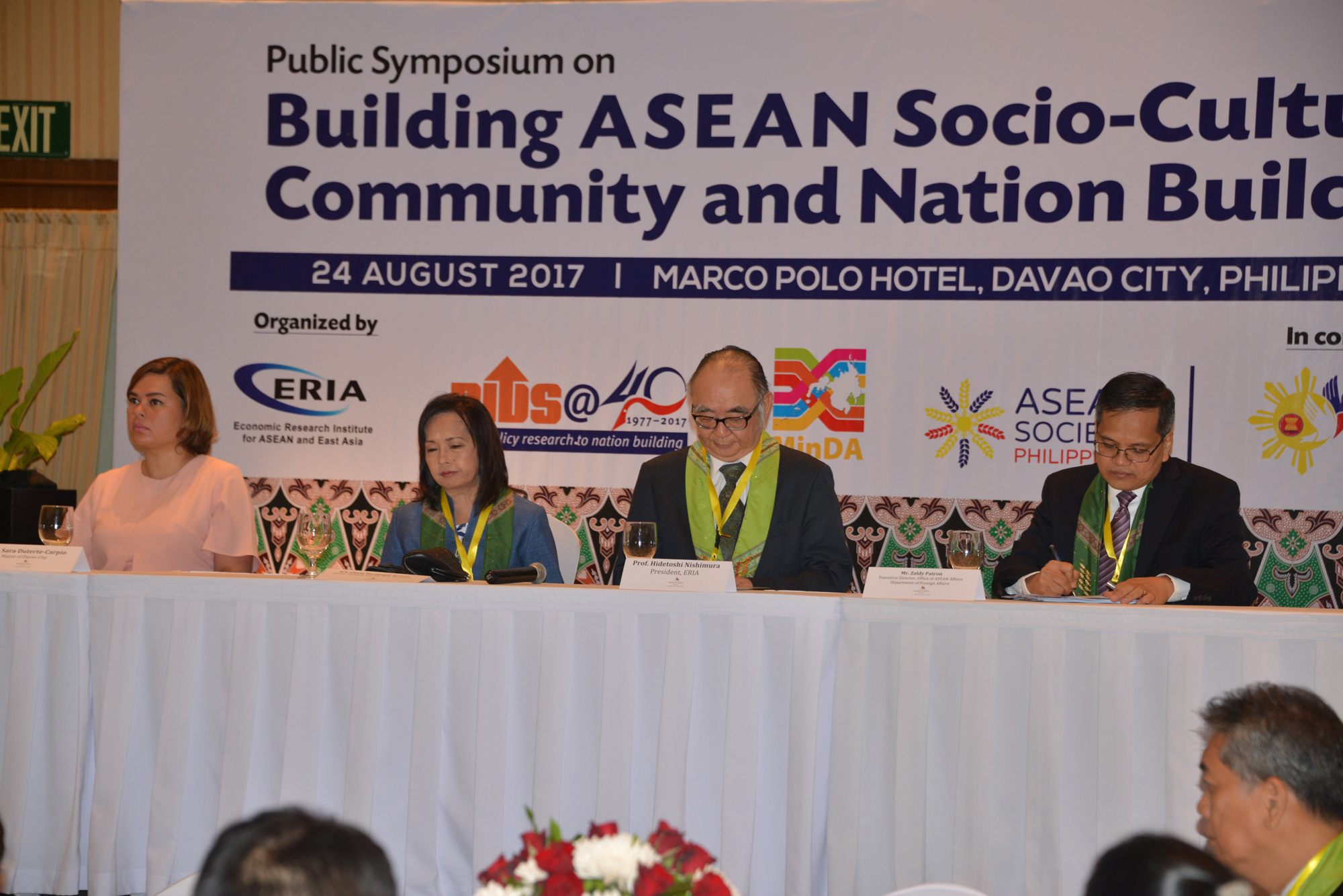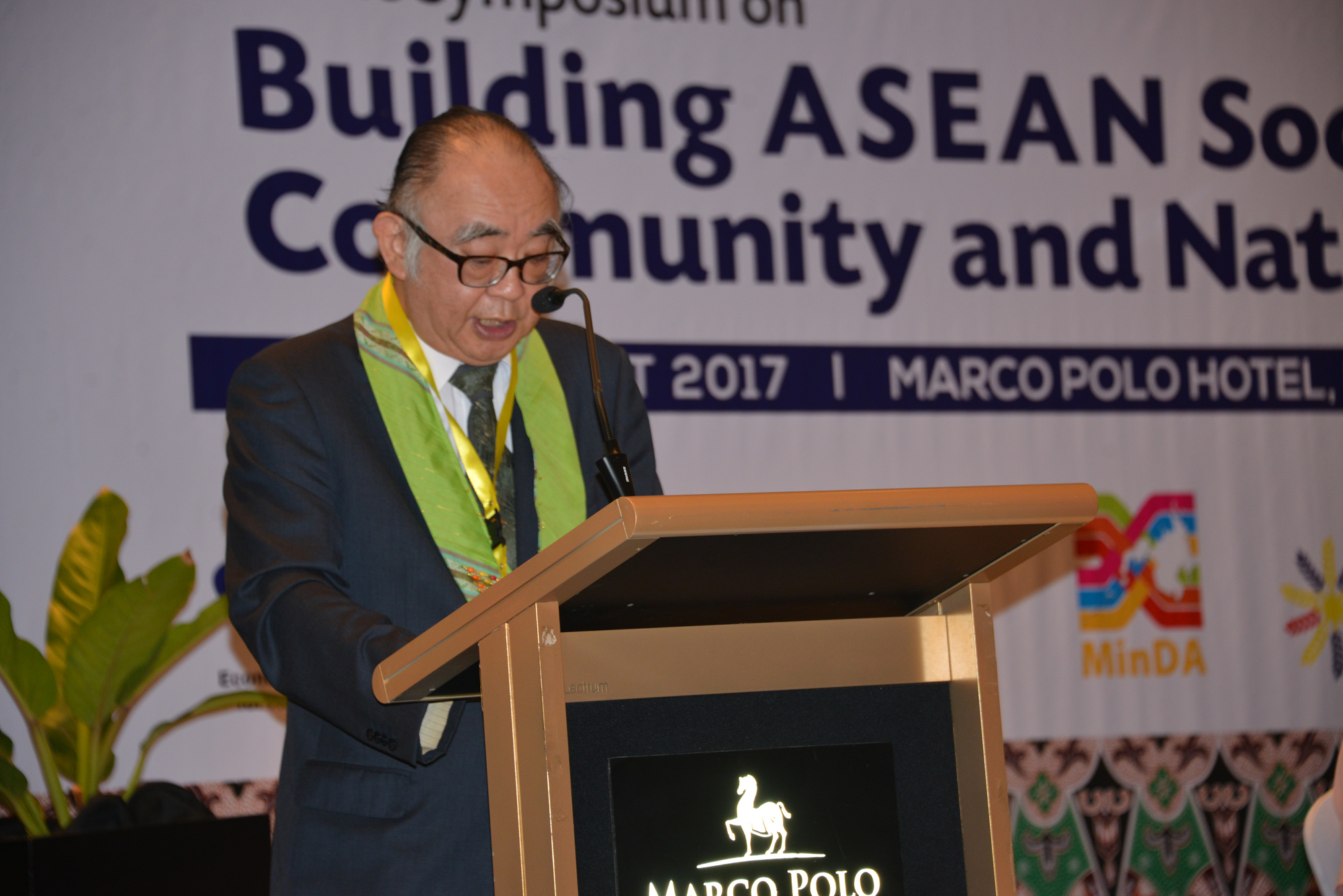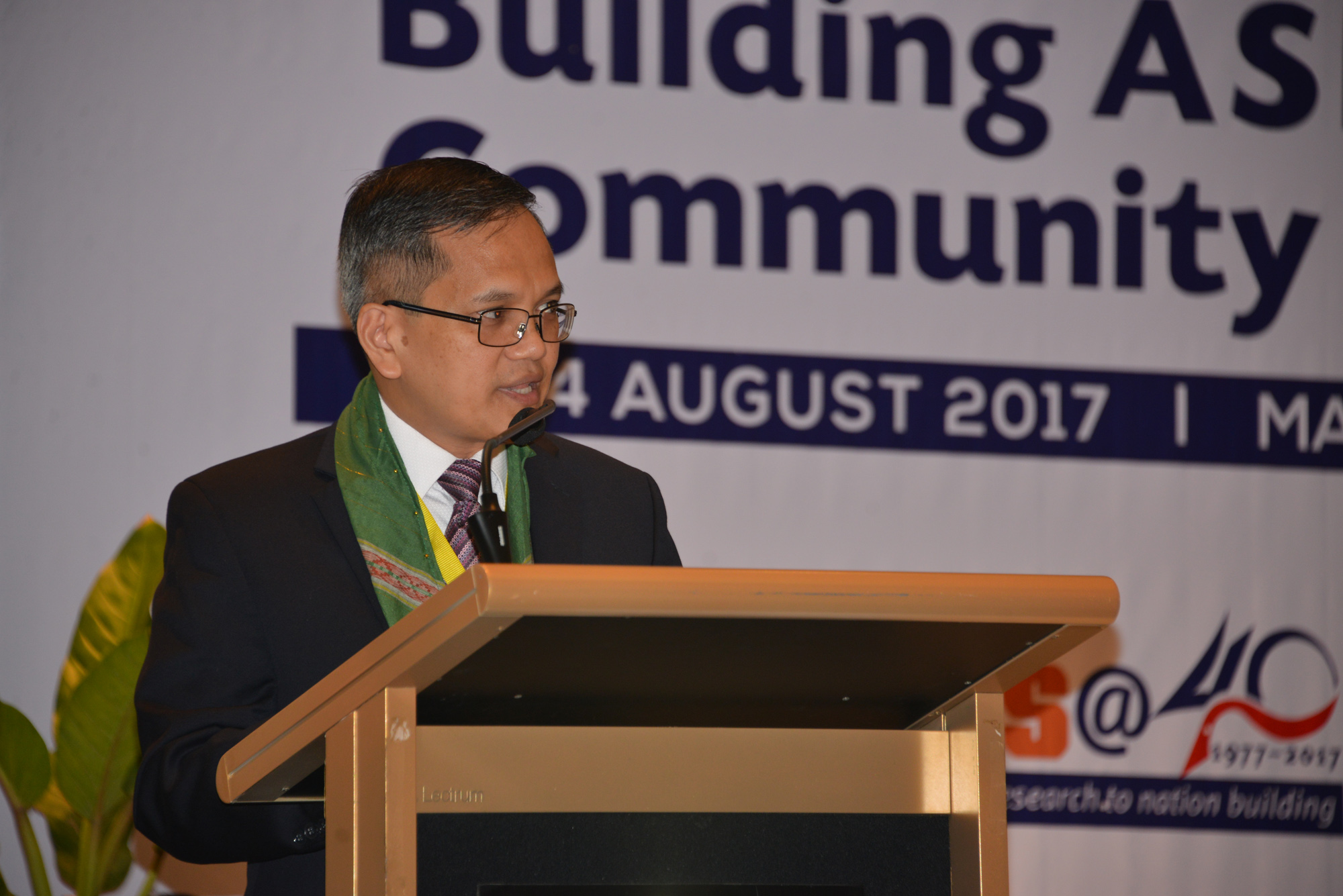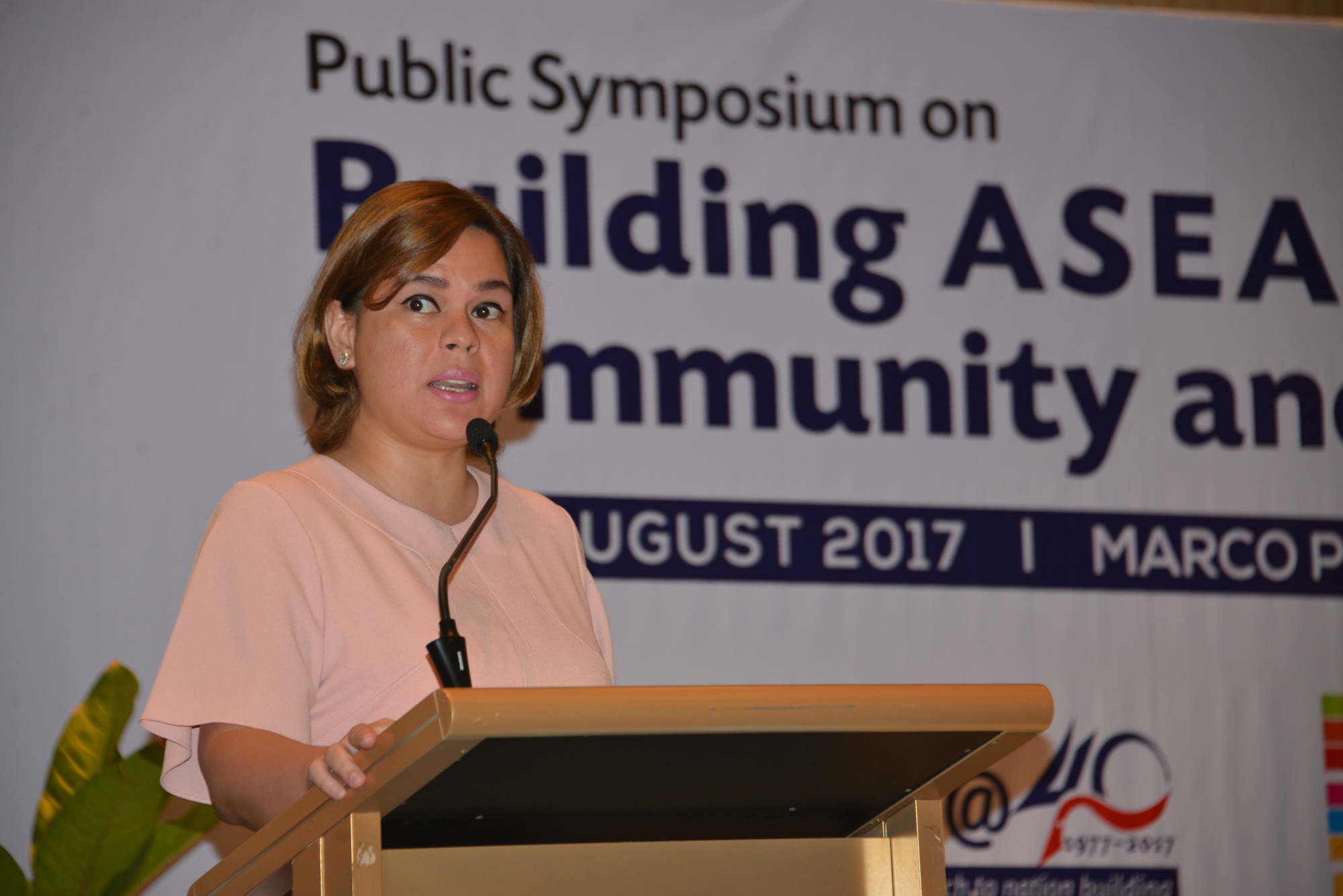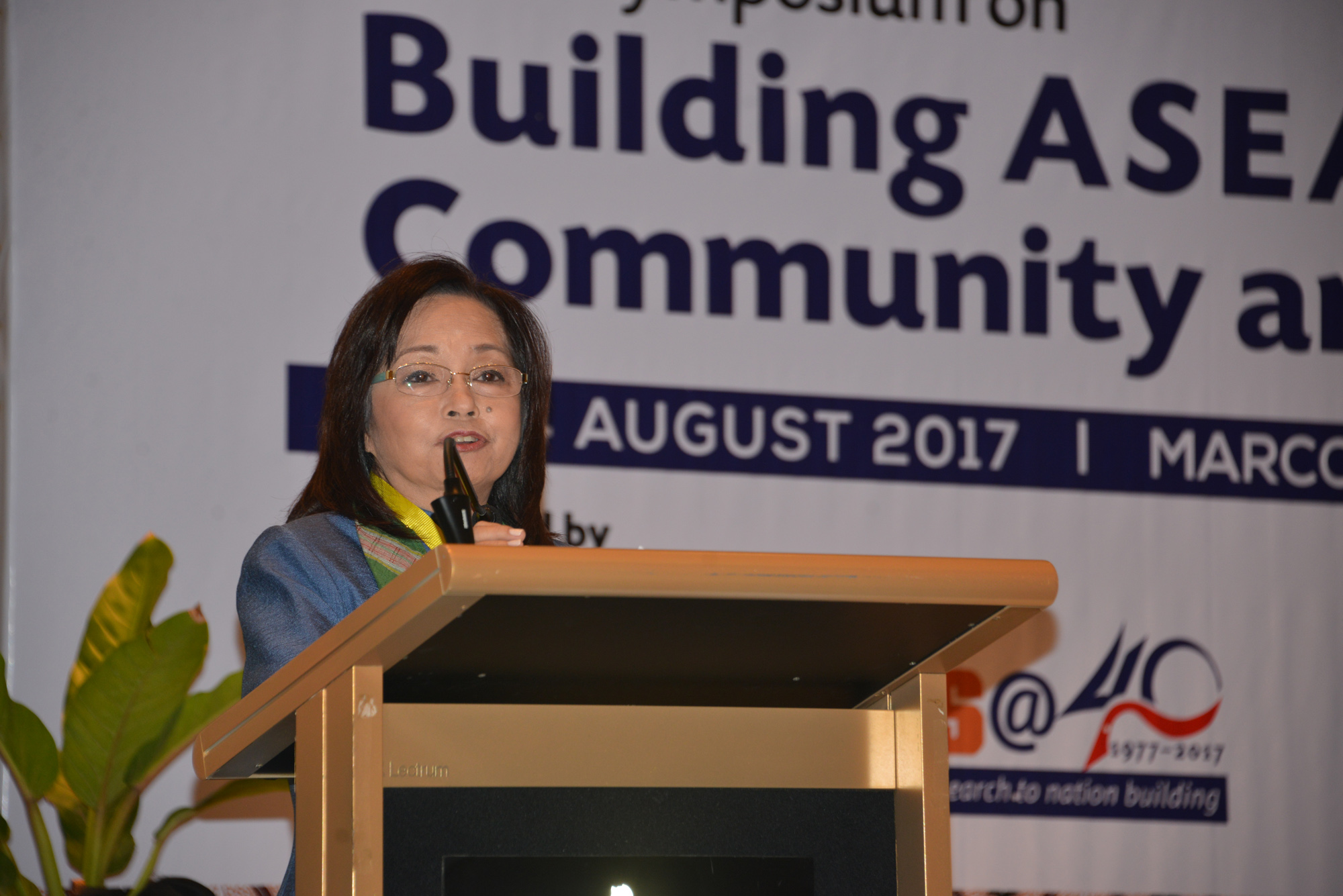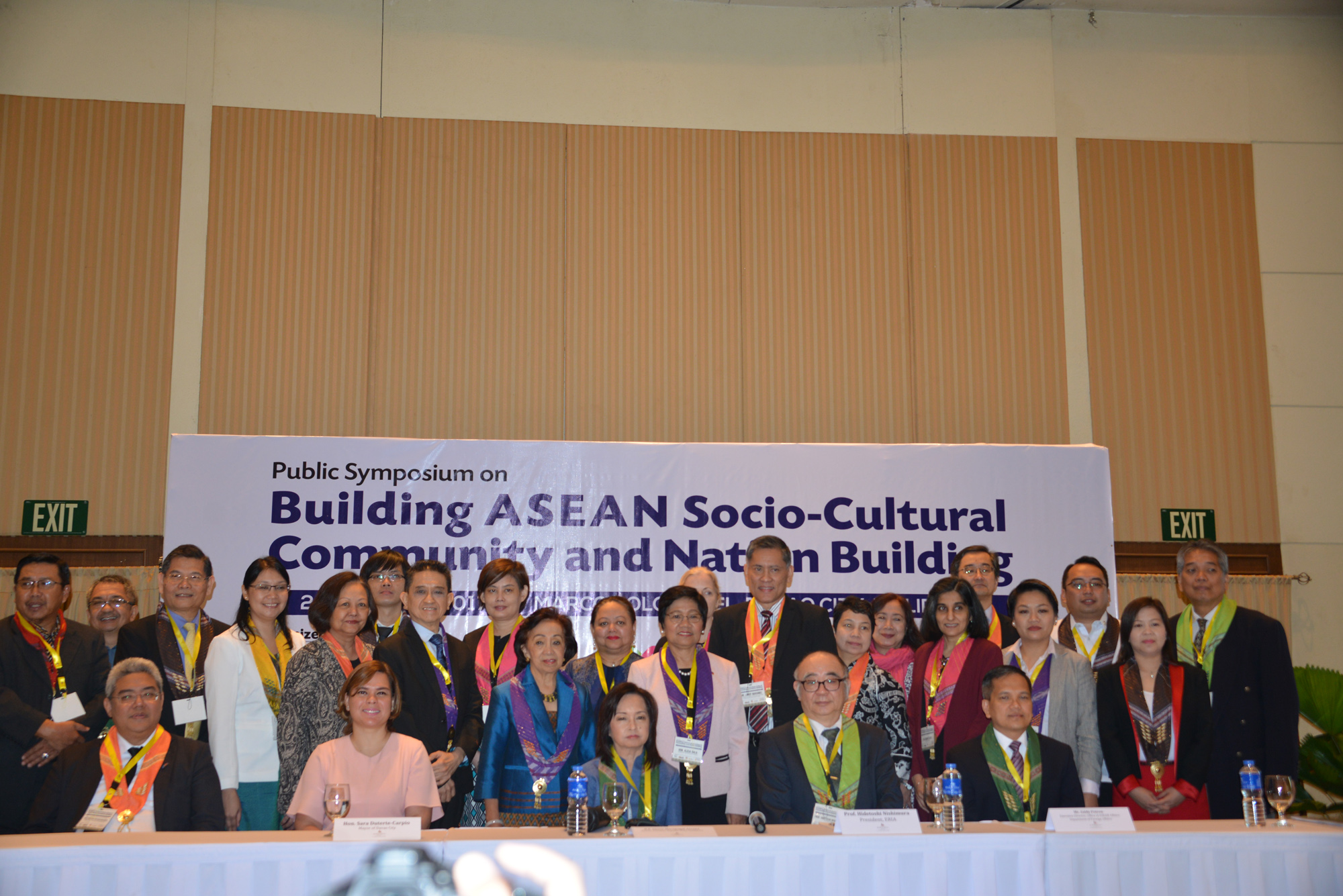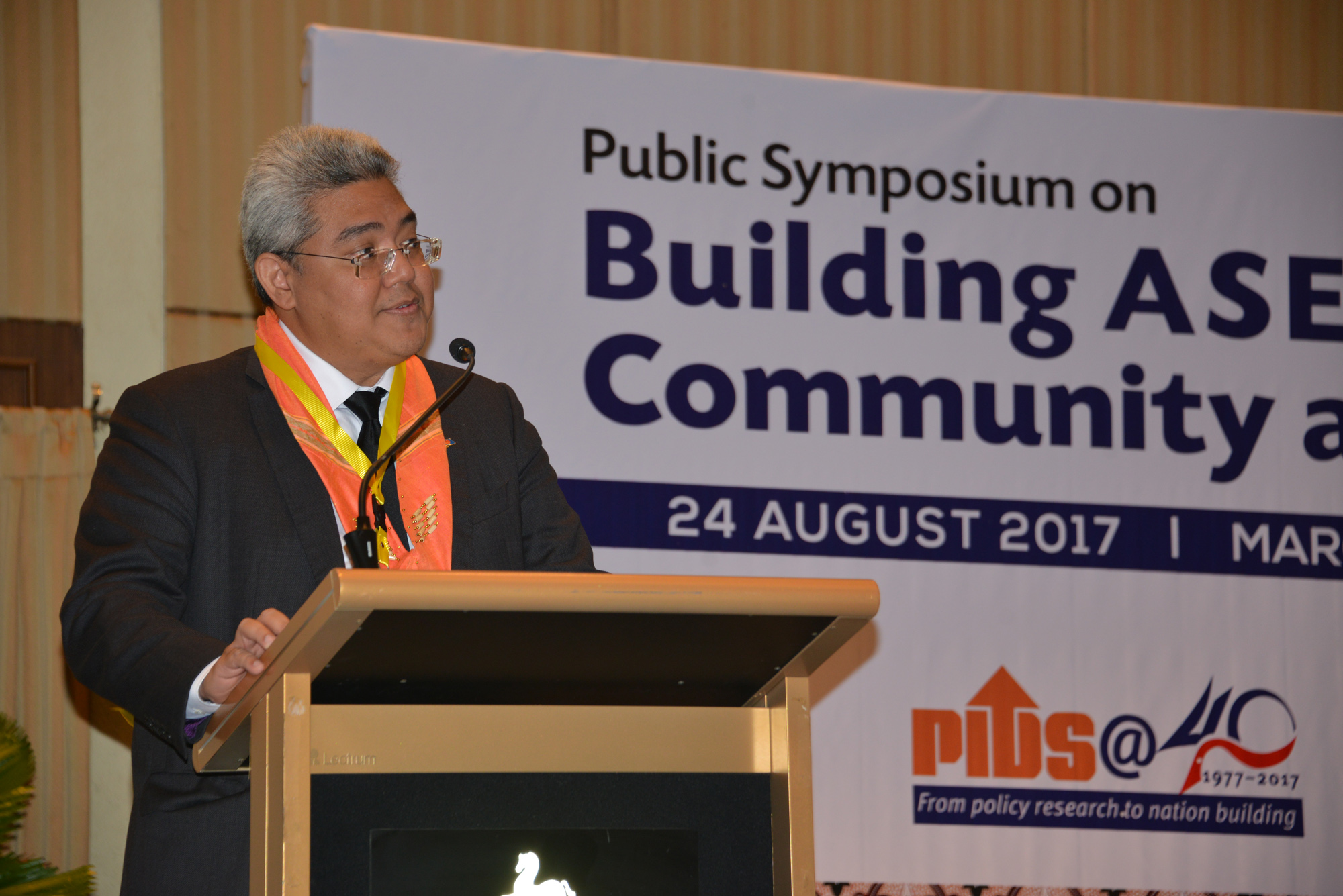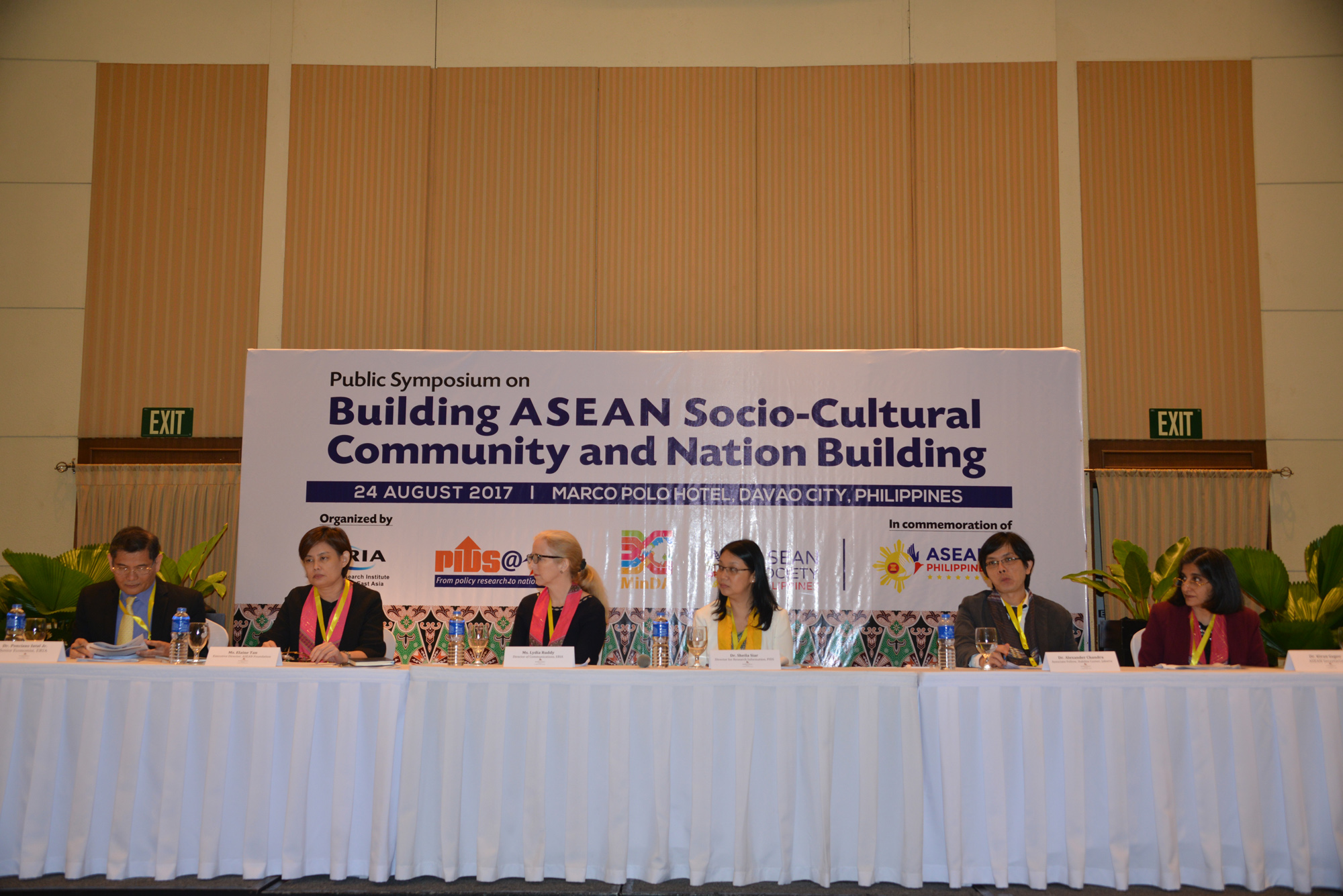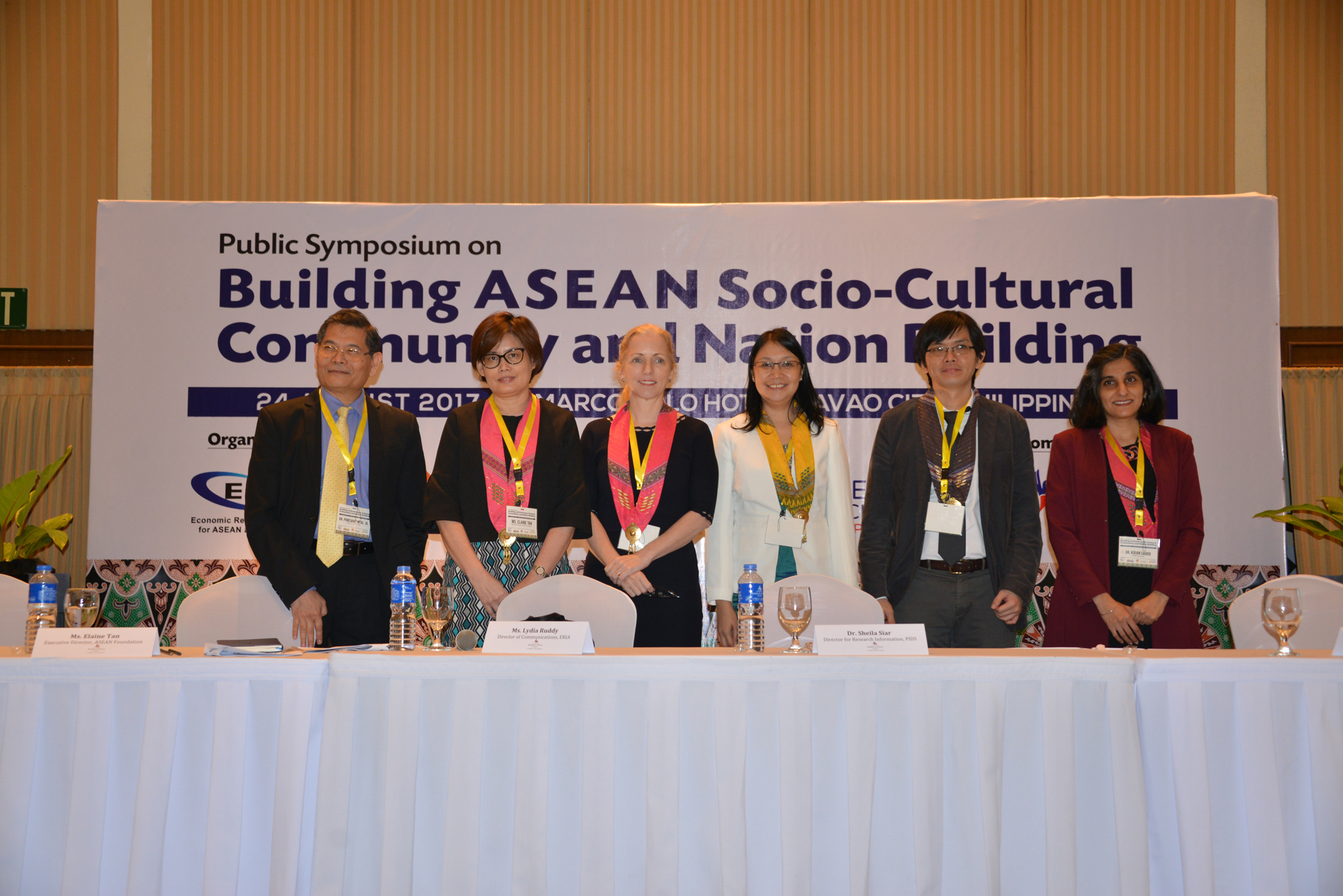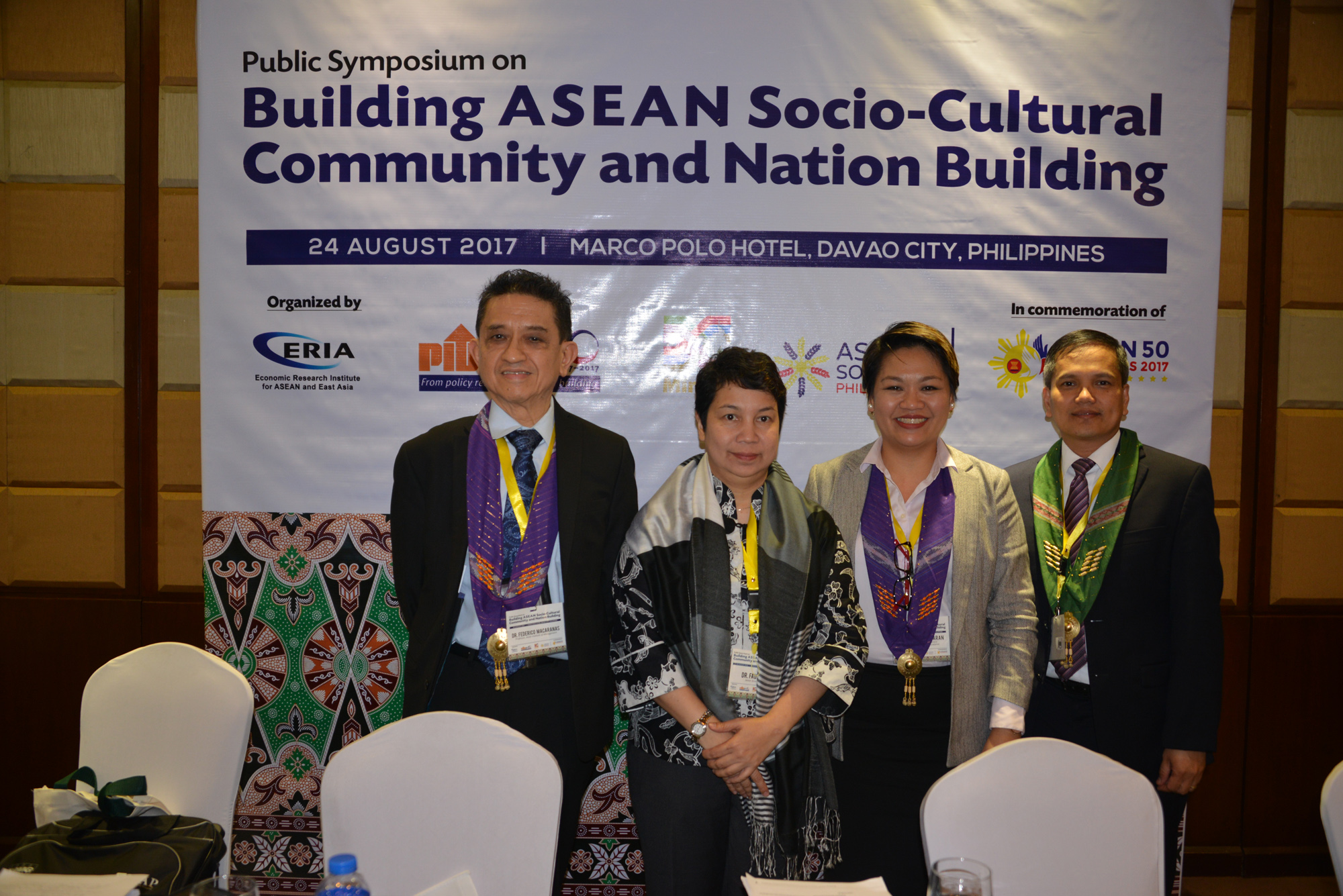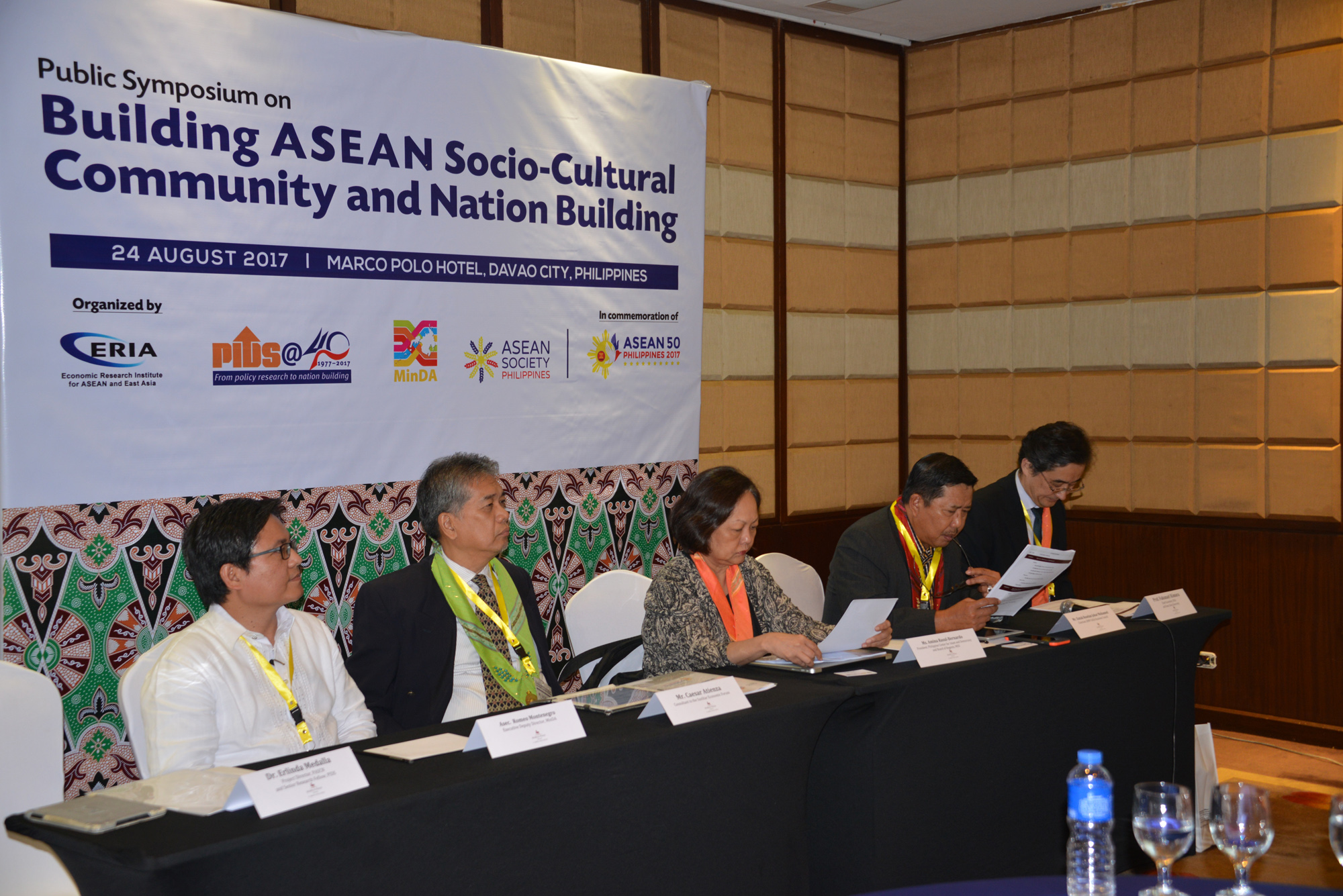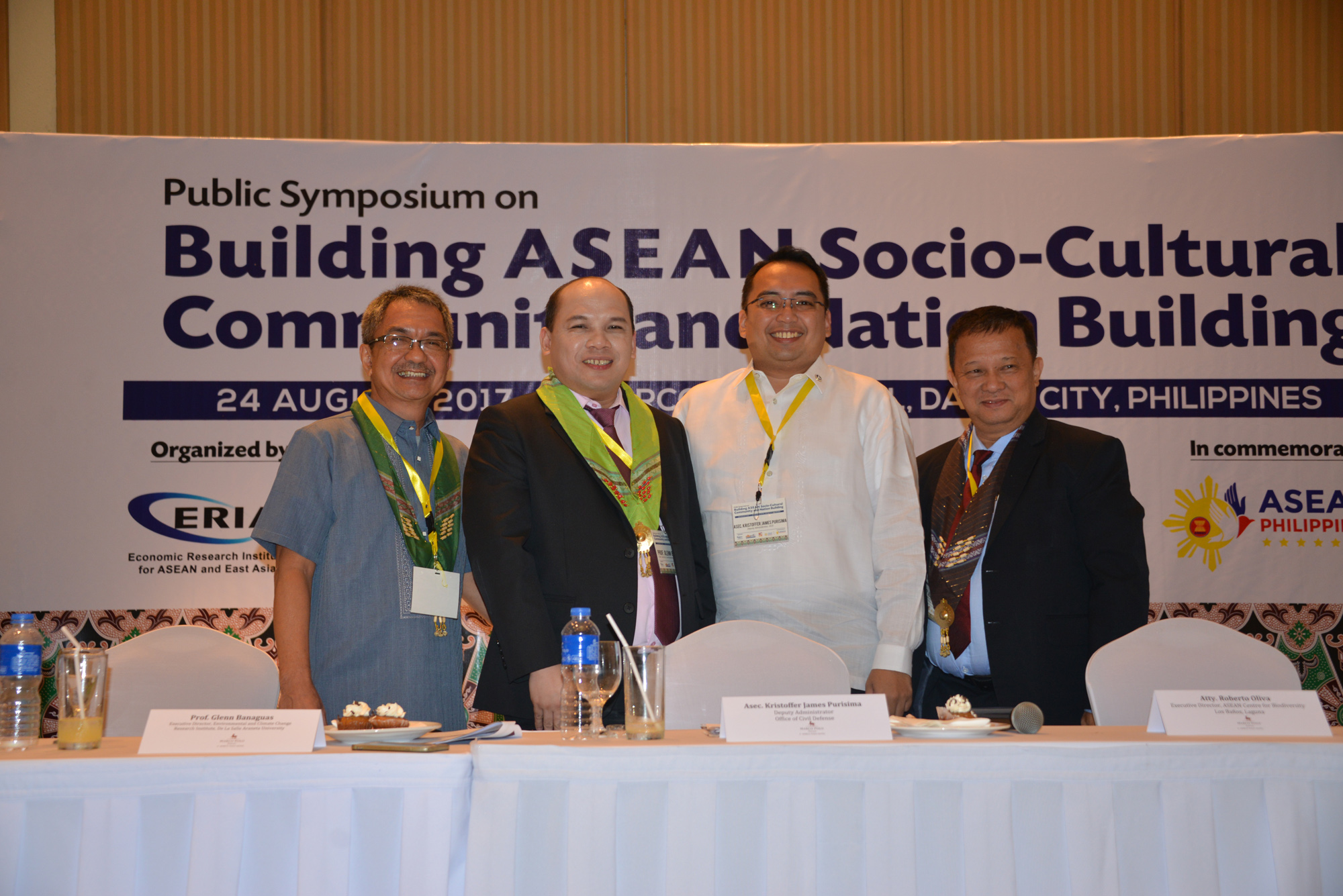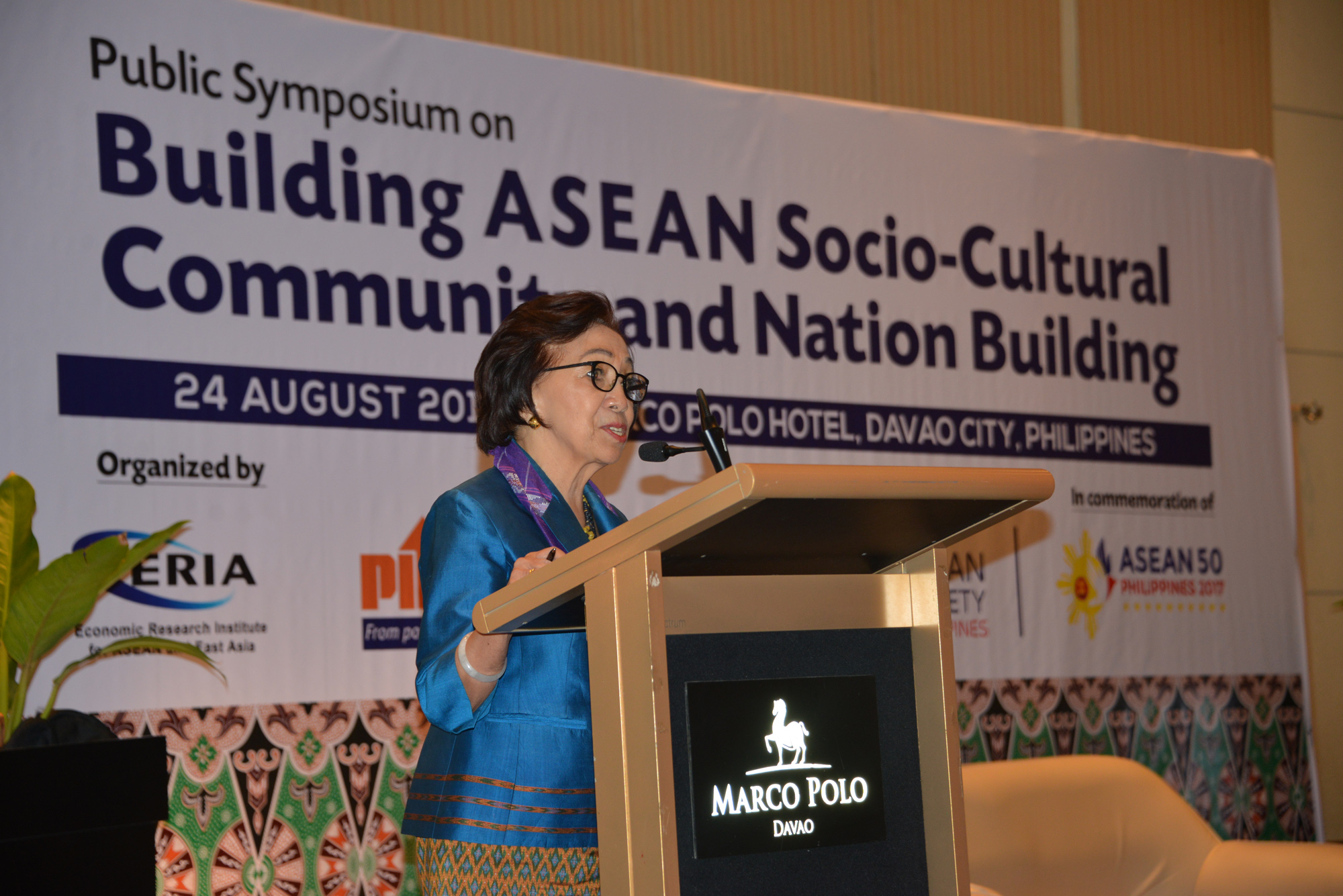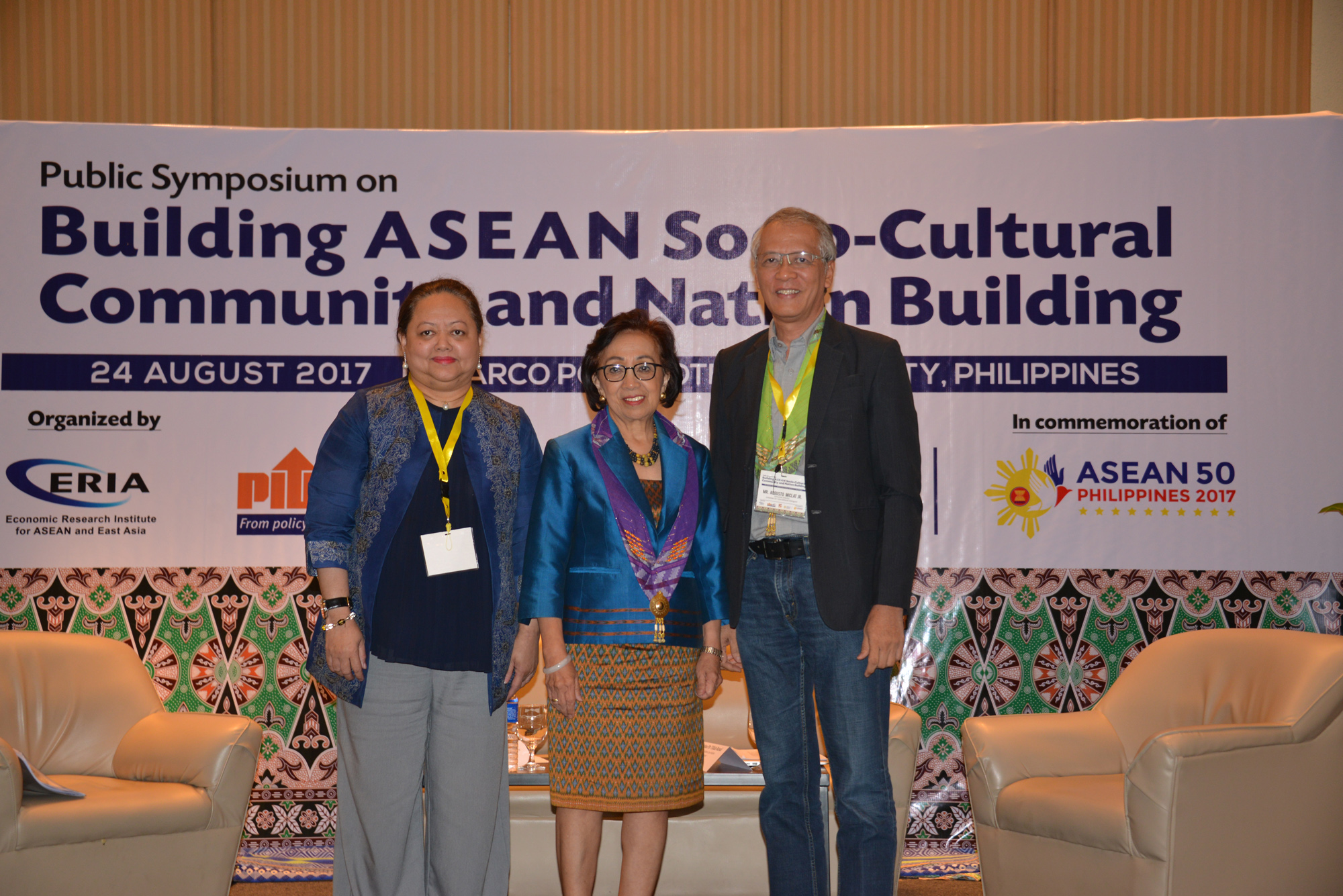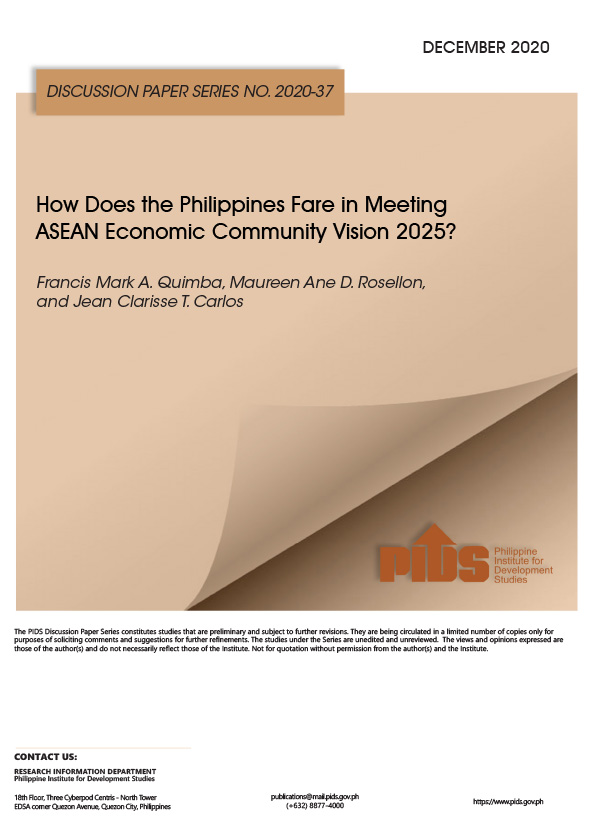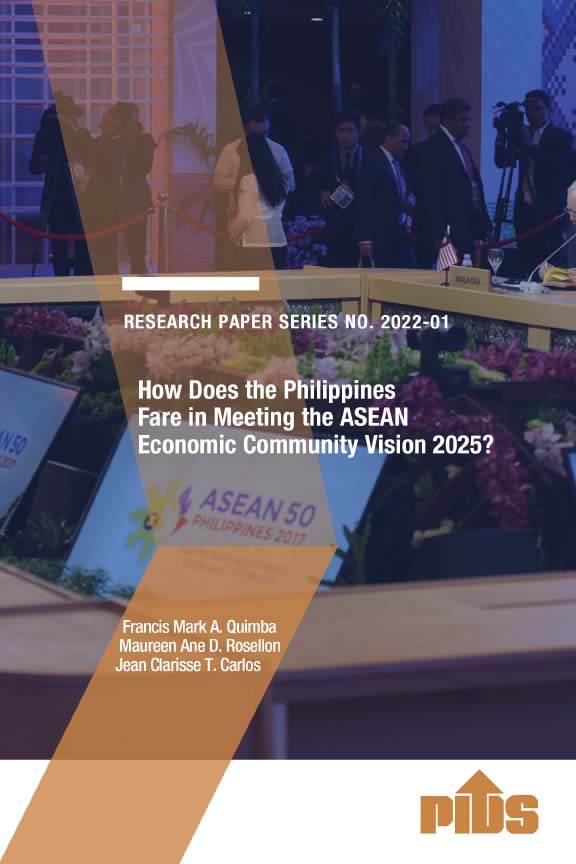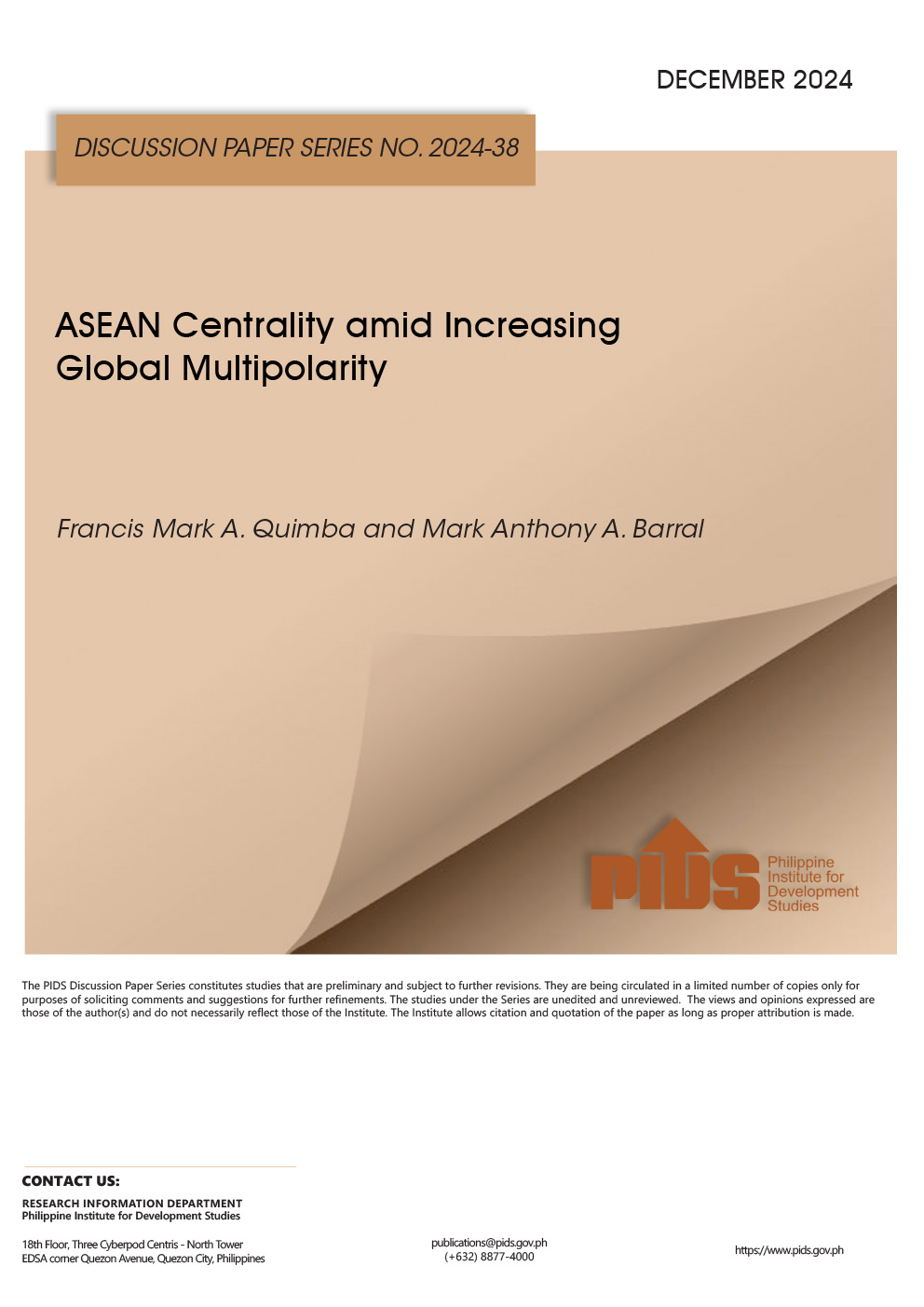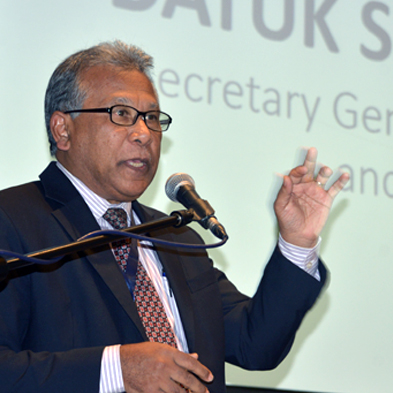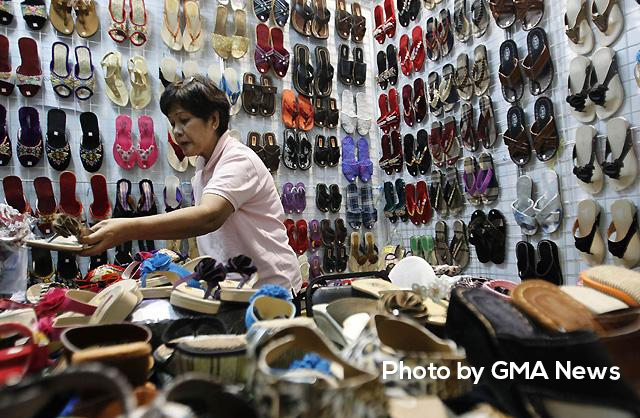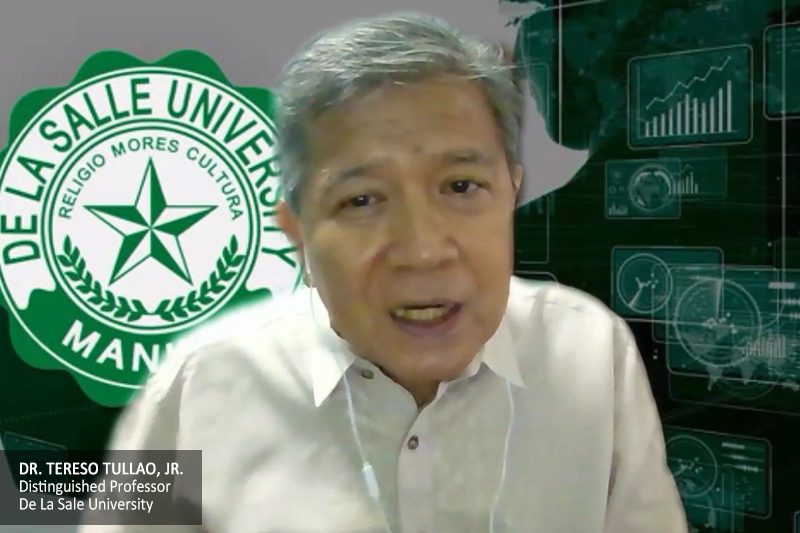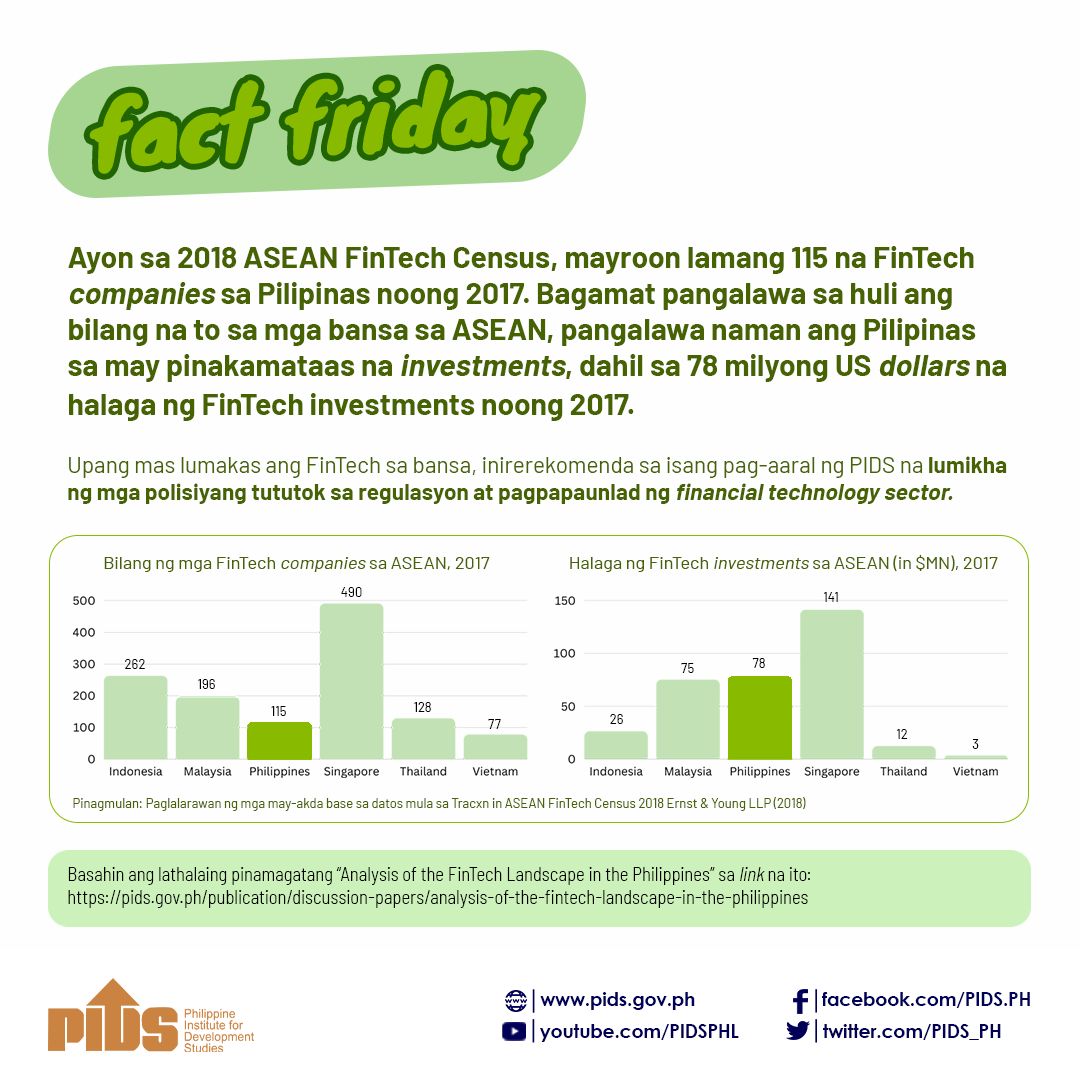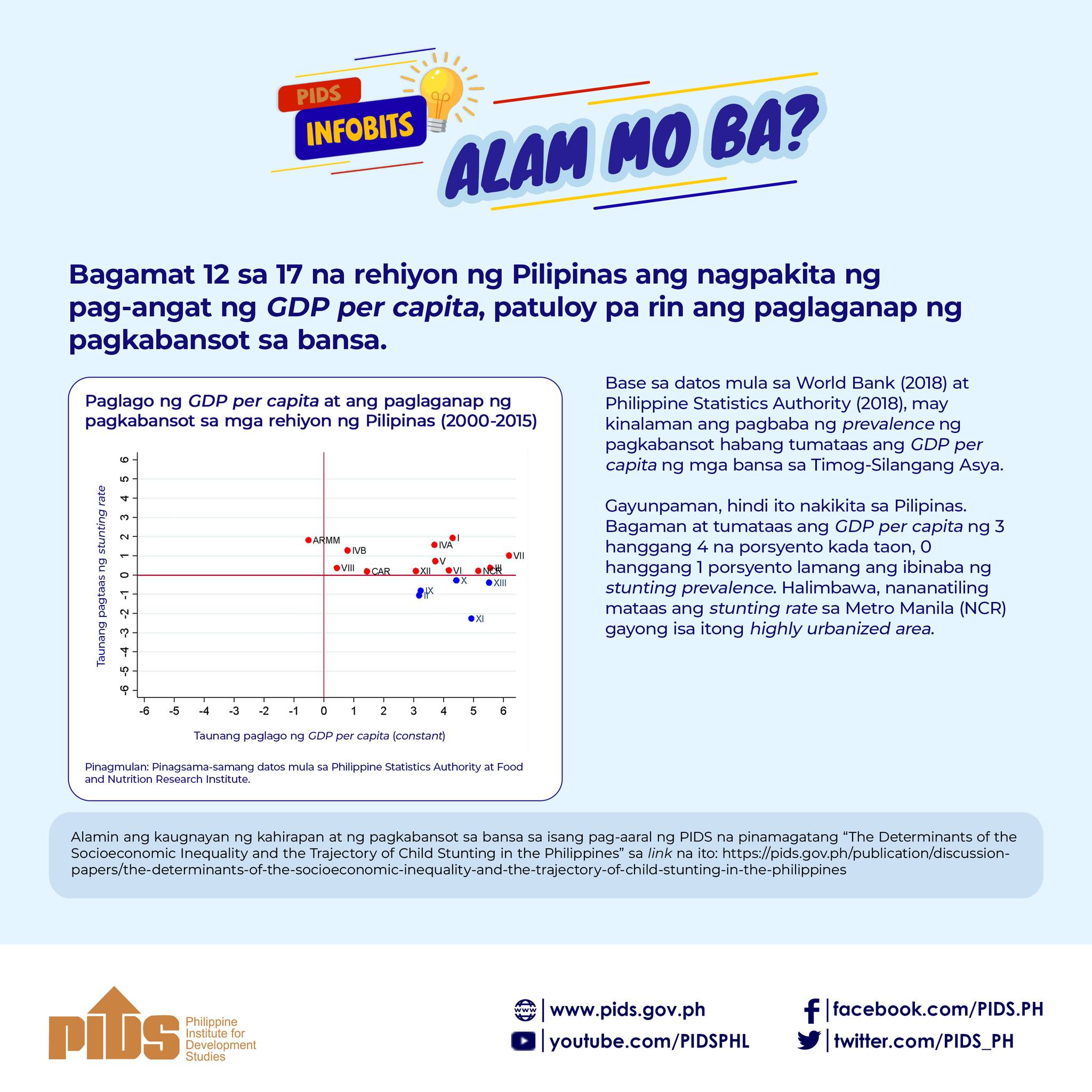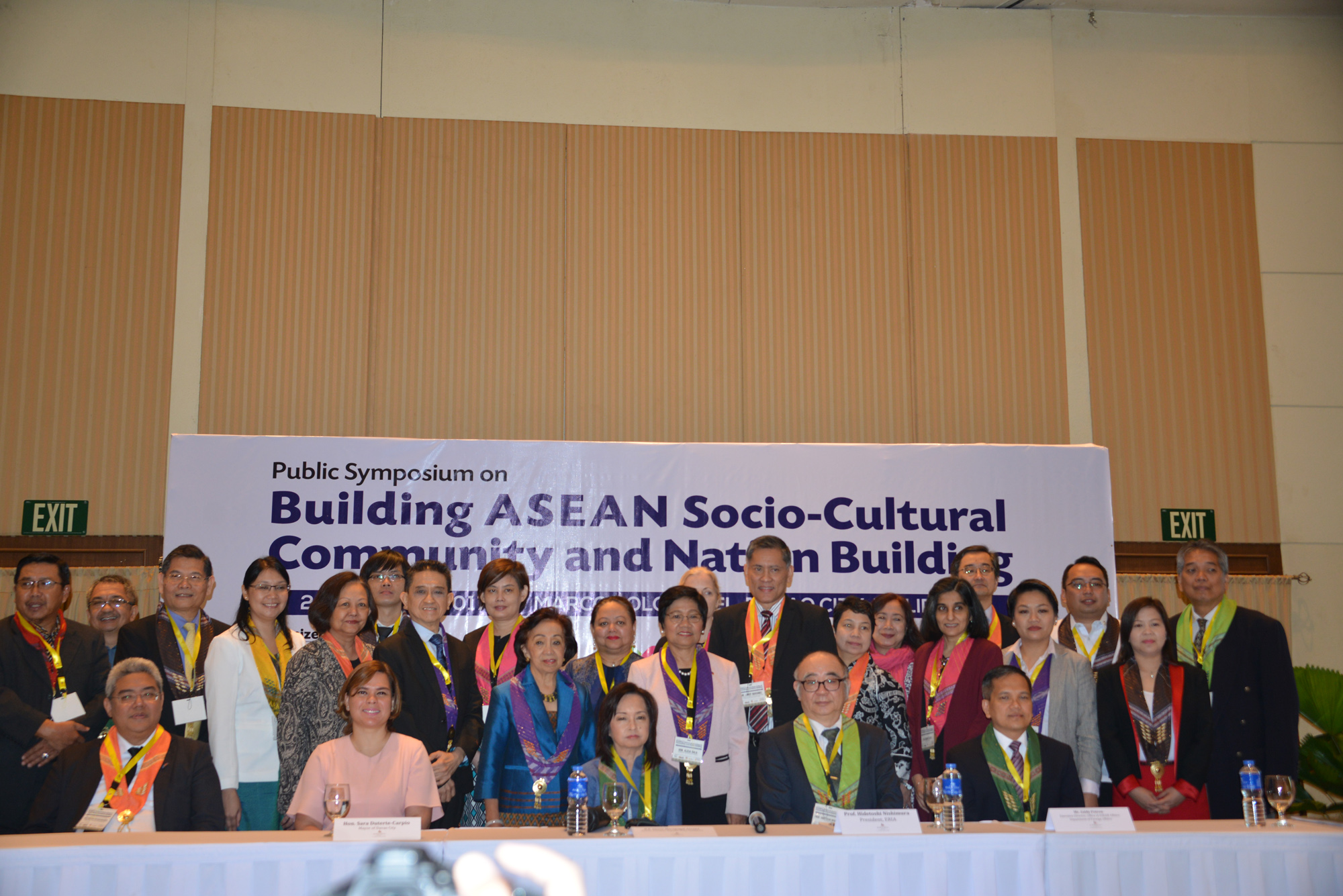
ASEAN has come a long way from its beginnings in the latter 1960s. When ASEAN was born on 8 August 1967 in Bangkok, Thailand, “Southeast Asian peoples hardly knew one another, having been cut off from one another by the colonial powers’ (former ASEAN SG Rodolfo Severino). At the time of ASEAN’s birth, Southeast was not only characterized as unstable and “Balkans of the East” but also poor, albeit not among the poorest in the world.
Now, ASEAN has grown into a vibrant and increasingly integrated economic region, an increasingly stronger socio-cultural community, and a significant force in international diplomacy especially in the East Asia region. The story of ASEAN is one of building up from managing intra-regional (ASEAN) disputes to facilitating the management of pan-regional (East Asia) disputes; from economic cooperation to economic integration, and from nation building to regional community (ASEAN) building.
On the occasion of the 50th anniversary of ASEAN, the Philippine Institute for Development Studies (PIDS), the Mindanao Development Authority (MinDA), the ASEAN Society (AS), and the Economic Research Institute for ASEAN and East Asia (ERIA), with the support of DFA- Philippine Mission to ASEAN, are co-hosting a Public Symposium on ASEAN Socio Cultural Community and Nation Building to be held in Davao City on 24 August 2017. The Public Symposium brings the analyses and perspectives of eminent academics and government officials in the region on building ASEAN Socio Cultural Community and nation building.
The objectives of the Public Symposium are the following:
- ASEAN people have enhanced understanding of the ASEAN Socio Cultural Community (ASCC) and its interaction with national policies and development in the member countries.
- To generate insights and recommendations on moving ASCC into 2025 and beyond
-ASEAN people have better understanding and appreciation of, greater emotional attachment to, and deeper engagement with ASEAN and the region, along with with Japan’s commitment over the years together with ASEAN
DOWNLOAD PRESENTATIONS:
MORNING SESSION
The Civil Service as a Catalyst for Change in ASEAN
Hon. Alicia Bala, Chairperson, Civil Service Commission
Building ASEAN Socio-Cultural Community & Nation Building
Mr. Larry Maramis, Senior Adviser on ASEAN, UN ESCAP, Bangkok
SESSION A: What does ASEAN mean to ASEAN people?
Voices of ASEAN: What does ASEAN Mean to ASEAN Peoples?
Ms. Lydia Ruddy, Communications Director, ERIA
What does ASEAN Mean to ASEAN Peoples? (The Philippine Case)
Sheila Siar, Director for Research Information, Philippine Institute for Development Studies
What Does ASEAN Mean To You? An Indonesian Survey Report
Dr. Alexander C. Chandra, Associate Fellow, Habibie Center, Jakarta
What does ASEAN mean to ASEAN people?
Dr. Kiran Sagoo, ASEAN Secretariat
SESSION B: Networking, Innovation, Education, and Social Protection: Building ASEAN Socio-Cultural Community for the Future
Networking, Innovation, Education, and Social Protection: Building ASEAN Socio-Cultural Community for the Future
Dr. Federico M. Macaranas, Professor, Asian Institute of Management
Wither Social Protection and Human Development in an Integrating ASEAN?
Dr. Fauziah Zen, Economist, ERIA
SESSION C: Toward a More Resilient and Sustainable ASEAN
Towards a More Resilient and Sustainable ASEAN
Assistant Secretary Kristoffer James E. Purisima, Deputy Administrator for Administration, Office of Civil Defense
ASEAN's Response to the Challenge of Biodiversity Conversation
Atty. Roberto Oliva, Executive Director, ASEAN Centre for Biodiversity, Los Banos, Laguna
Climate Smart Philippines
Prof. Glenn Banaguas, De La Salle University
SESSION D: Strengthening BIMP-EAGA and other Sub-regionals Towards a Stronger ASEAN Community
Strengthening BIMP-EAGA and other Sub-regionals Towards a Stronger ASEAN Community
Deputy Executive Director, Mindanao Development Authority
Strengthening ASEAN Through BIMP-EAGA and Subregional Cooperation
Mr. Caesar Atienza, Consultant to the Sun.Star, Economic Forum
In Pursuit of Peace and Community in ASEAN
Ms. Amina Rasul-Bernardo, President, Philippine Center for Islam and Democracy and Member, MinDa Board of Directors
Comments on BIMP-EAGA and Other Sub-regionals
Dr. Fukunari Kimura, Chief Economist, ERIA and Dean, Keio University

